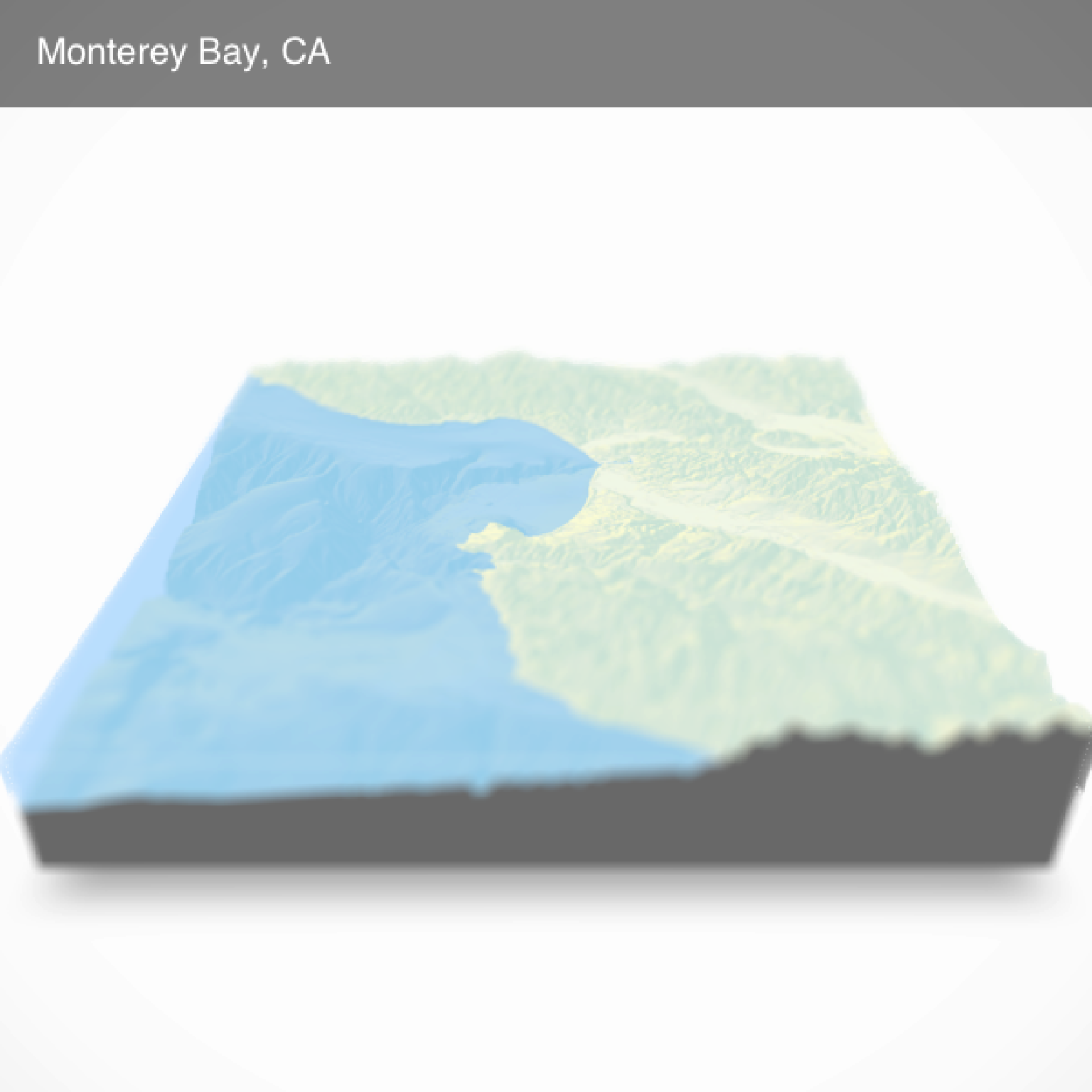Adds depth of field to the current RGL scene by simulating a synthetic aperture.
The size of the circle of confusion is determined by the following formula (z_depth is from the image's depth map).
abs(z_depth-focus)*focal_length^2/(f_stop*z_depth*(focus - focal_length))
render_depth(
focus = NULL,
focallength = 100,
fstop = 4,
filename = NULL,
preview_focus = FALSE,
bokehshape = "circle",
bokehintensity = 1,
bokehlimit = 0.8,
rotation = 0,
aberration = 0,
transparent_water = FALSE,
heightmap = NULL,
zscale = NULL,
title_text = NULL,
title_offset = c(20, 20),
title_color = "black",
title_size = 30,
title_font = "sans",
title_bar_color = NA,
title_bar_alpha = 0.5,
title_just = "left",
image_overlay = NULL,
vignette = FALSE,
vignette_color = "black",
vignette_radius = 1.3,
progbar = interactive(),
software_render = FALSE,
width = NULL,
height = NULL,
camera_location = NULL,
camera_lookat = c(0, 0, 0),
background = "white",
text_angle = NULL,
text_size = 10,
text_offset = c(0, 0, 0),
point_radius = 0.5,
line_offset = 1e-07,
cache_scene = FALSE,
reset_scene_cache = FALSE,
print_scene_info = FALSE,
instant_capture = interactive(),
clear = FALSE,
bring_to_front = FALSE,
...
)Arguments
- focus
Focal point. Defaults to the center of the bounding box. Depth in which to blur, in distance to the camera plane.
- focallength
Default
1. Focal length of the virtual camera.- fstop
Default
1. F-stop of the virtual camera.- filename
The filename of the image to be saved. If this is not given, the image will be plotted instead.
- preview_focus
Default
FALSE. IfTRUE, a red line will be drawn across the image showing where the camera will be focused.- bokehshape
Default
circle. Also built-in:hex. The shape of the bokeh.- bokehintensity
Default
3. Intensity of the bokeh when the pixel intensity is greater thanbokehlimit.- bokehlimit
Default
0.8. Limit after which the bokeh intensity is increased bybokehintensity.- rotation
Default
0. Number of degrees to rotate the hexagon bokeh shape.- aberration
Default
0. Adds chromatic aberration to the image. Maximum of1.- transparent_water
Default
FALSE. IfTRUE, depth is determined without water layer. User will have to re-render the water layer withrender_water()if they want to recreate the water layer.- heightmap
Default
NULL. The height matrix for the scene. Passing this will allowrender_depth()to automatically redraw the water layer iftransparent_water = TRUE.- zscale
Default
NULL. The zscale value for the heightmap. Passing this will allowrender_depth()to automatically redraw the water layer iftransparent_water = TRUE.- title_text
Default
NULL. Text. Adds a title to the image, using magick::image_annotate.- title_offset
Default
c(20,20). Distance from the top-left (default,gravitydirection in image_annotate) corner to offset the title.- title_color
Default
black. Font color.- title_size
Default
30. Font size in pixels.- title_font
Default
sans. String with font family such as "sans", "mono", "serif", "Times", "Helvetica", "Trebuchet", "Georgia", "Palatino" or "Comic Sans".- title_bar_color
Default
NA. If a color, this will create a colored bar under the title.- title_bar_alpha
Default
0.5. Transparency of the title bar.- title_just
Default
left. Justification of the title.- image_overlay
Default
NULL. Either a string indicating the location of a png image to overlay over the image (transparency included), or a 4-layer RGBA array. This image will be resized to the dimension of the image if it does not match exactly.- vignette
Default
FALSE. IfTRUEor numeric, a camera vignetting effect will be added to the image.1is the darkest vignetting, while0is no vignetting. If vignette is a length-2 vector, the second entry will control the blurriness of the vignette effect.- vignette_color
Default
"black". Color of the vignette.- vignette_radius
Default
1.3. Radius of the vignette, as a porportion of the image dimensions.- progbar
Default
TRUEif in an interactive session. Displays a progress bar.- software_render
Default
FALSE. IfTRUE, rayshader will use the rayvertex package to render the snapshot, which is not constrained by the screen size or requires OpenGL.- width
Default
NULL. Optional argument to pass torgl::snapshot3d()to specify the width whensoftware_render = TRUE..- height
Default
NULL. Optional argument to pass torgl::snapshot3d()to specify the height whensoftware_render = TRUE.- camera_location
Default
NULL. Custom position of the camera. TheFOV,width, andheightarguments will still be derived from the rgl window.- camera_lookat
Default
NULL. Custom point at which the camera is directed. TheFOV,width, andheightarguments will still be derived from the rgl window.- background
Default
"white". Background color whensoftware_render = TRUE.- text_angle
Default
NULL, which forces the text always to face the camera. If a single angle (degrees), will specify the absolute angle all the labels are facing. If three angles, this will specify all three orientations (relative to the x,y, and z axes) of the text labels.- text_size
Default
10. Height of the text.- text_offset
Default
c(0,0,0). Offset to be applied to all text labels.- point_radius
Default
0.5. Radius of 3D points (rendered withrender_points().- line_offset
Default
1e-7. Small number indicating the offset in the scene to apply to lines if using software rendering. Increase this if your lines aren't showing up, or decrease it if lines are appearing through solid objects.- cache_scene
Default
FALSE. Whether to cache the current scene to memory so it does not have to be converted to araymeshobject each timerender_snapshot()is called. IfTRUEand a scene has been cached, it will be used when rendering.- reset_scene_cache
Default
FALSE. Resets the scene cache before rendering.- print_scene_info
Default
FALSE. IfTRUE, it will print the position and lookat point of the camera.- instant_capture
Default
TRUEif interactive,FALSEotherwise. IfFALSE, a slight delay is added before taking the snapshot. This can help stop prevent rendering issues when running scripts.- clear
Default
FALSE. IfTRUE, the currentrgldevice will be cleared.- bring_to_front
Default
FALSE. Whether to bring the window to the front when rendering the snapshot.- ...
Additional parameters to pass to
rayvertex::rasterize_scene().
Value
4-layer RGBA array.
Examples
if(run_documentation()) {
montereybay |>
sphere_shade() |>
plot_3d(montereybay,zscale=50, water=TRUE, waterlinecolor="white",
zoom=0.3,theta=-135,fov=70, phi=20)
#Preview where the focal plane lies
render_depth(preview_focus=TRUE)
}
#> Focus distance: 804.968
#> Focal range: 445.34-1729.39
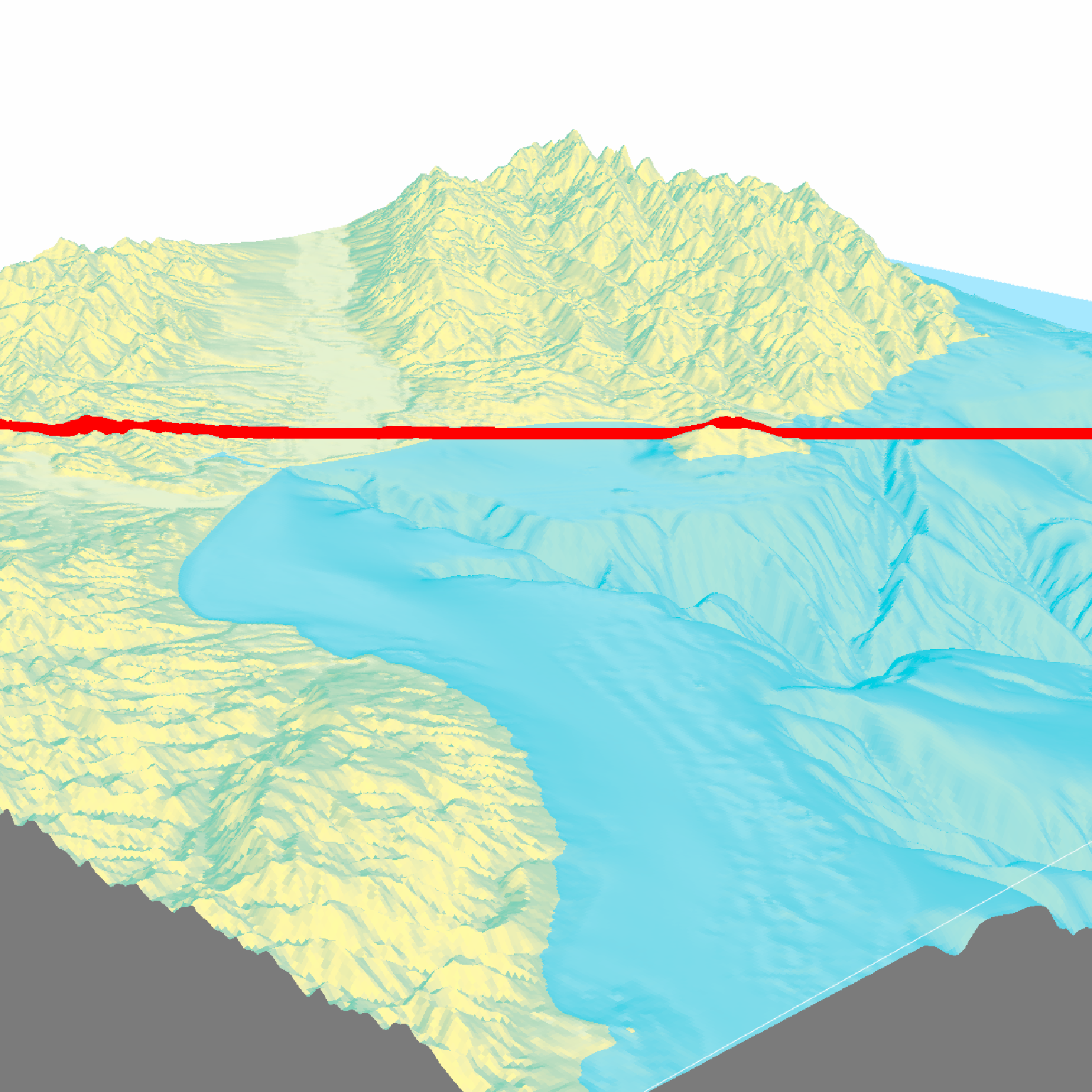 if(run_documentation()) {
#Render the depth of field effect
render_depth(focallength = 300)
}
#> Focus distance: 804.968
if(run_documentation()) {
#Render the depth of field effect
render_depth(focallength = 300)
}
#> Focus distance: 804.968
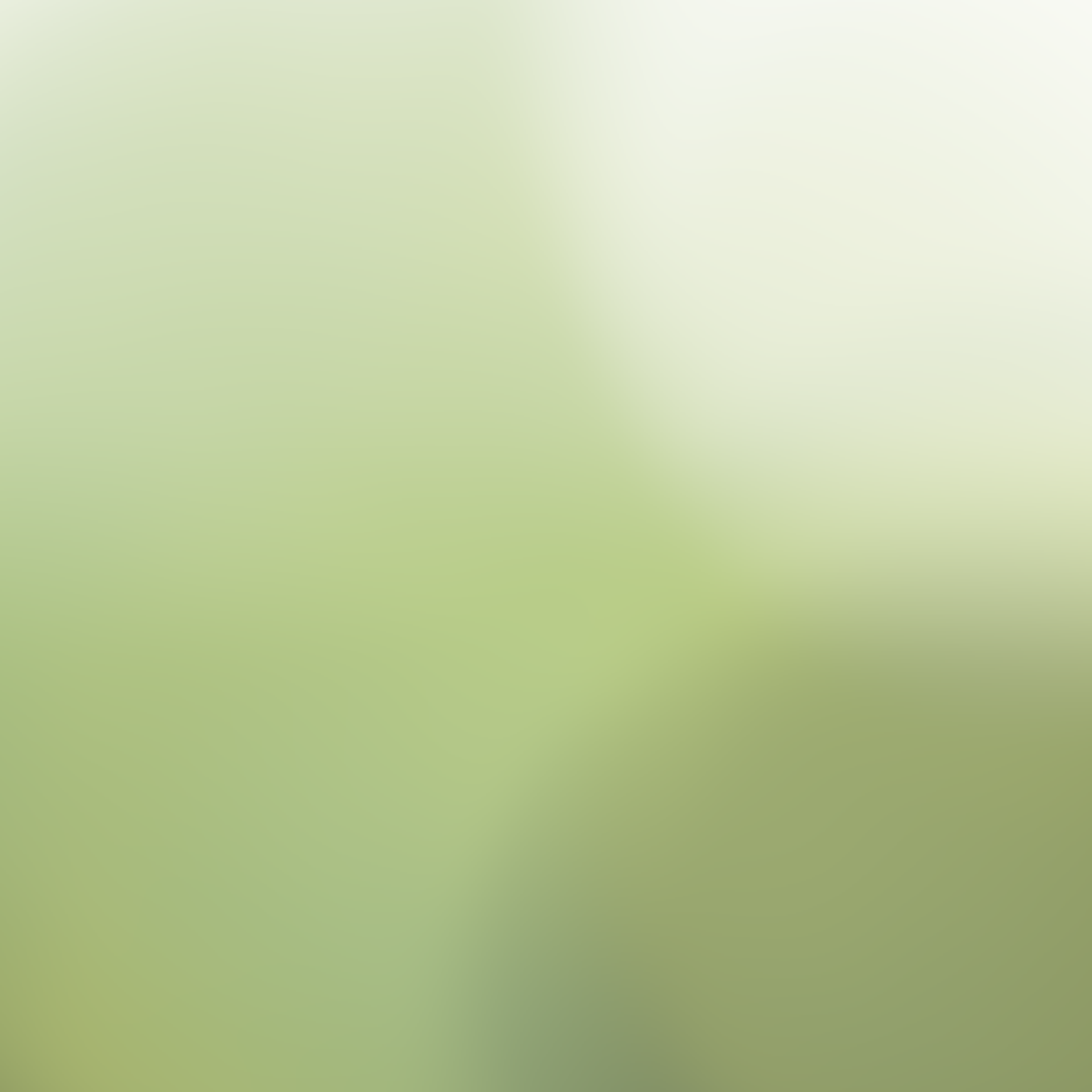 if(run_documentation()) {
#Add a chromatic aberration effect
render_depth(focallength = 300, aberration = 0.3)
}
#> Focus distance: 804.968
if(run_documentation()) {
#Add a chromatic aberration effect
render_depth(focallength = 300, aberration = 0.3)
}
#> Focus distance: 804.968
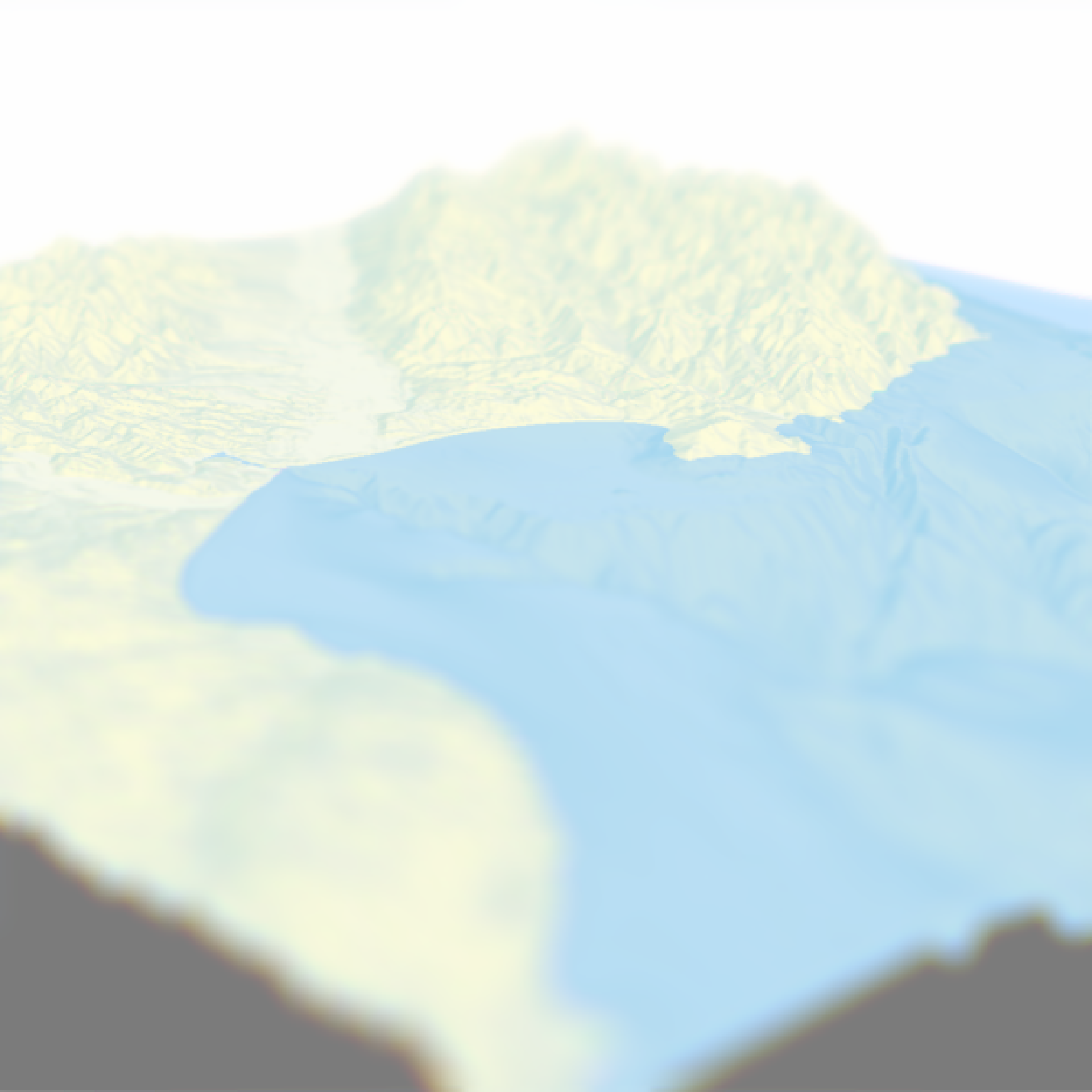 if(run_documentation()) {
#Render the depth of field effect, ignoring water and re-drawing the waterlayer
render_depth(preview_focus=TRUE,
heightmap = montereybay, zscale=50, focallength=300, transparent_water=TRUE)
render_depth(heightmap = montereybay, zscale=50, focallength=300, transparent_water=TRUE)
render_camera(theta=45,zoom=0.15,phi=20)
}
#> Focus distance: 804.968
#> Focus point (804.968) not in focal range: 0.0127487-1
#> Focus distance: 804.968
if(run_documentation()) {
#Render the depth of field effect, ignoring water and re-drawing the waterlayer
render_depth(preview_focus=TRUE,
heightmap = montereybay, zscale=50, focallength=300, transparent_water=TRUE)
render_depth(heightmap = montereybay, zscale=50, focallength=300, transparent_water=TRUE)
render_camera(theta=45,zoom=0.15,phi=20)
}
#> Focus distance: 804.968
#> Focus point (804.968) not in focal range: 0.0127487-1
#> Focus distance: 804.968
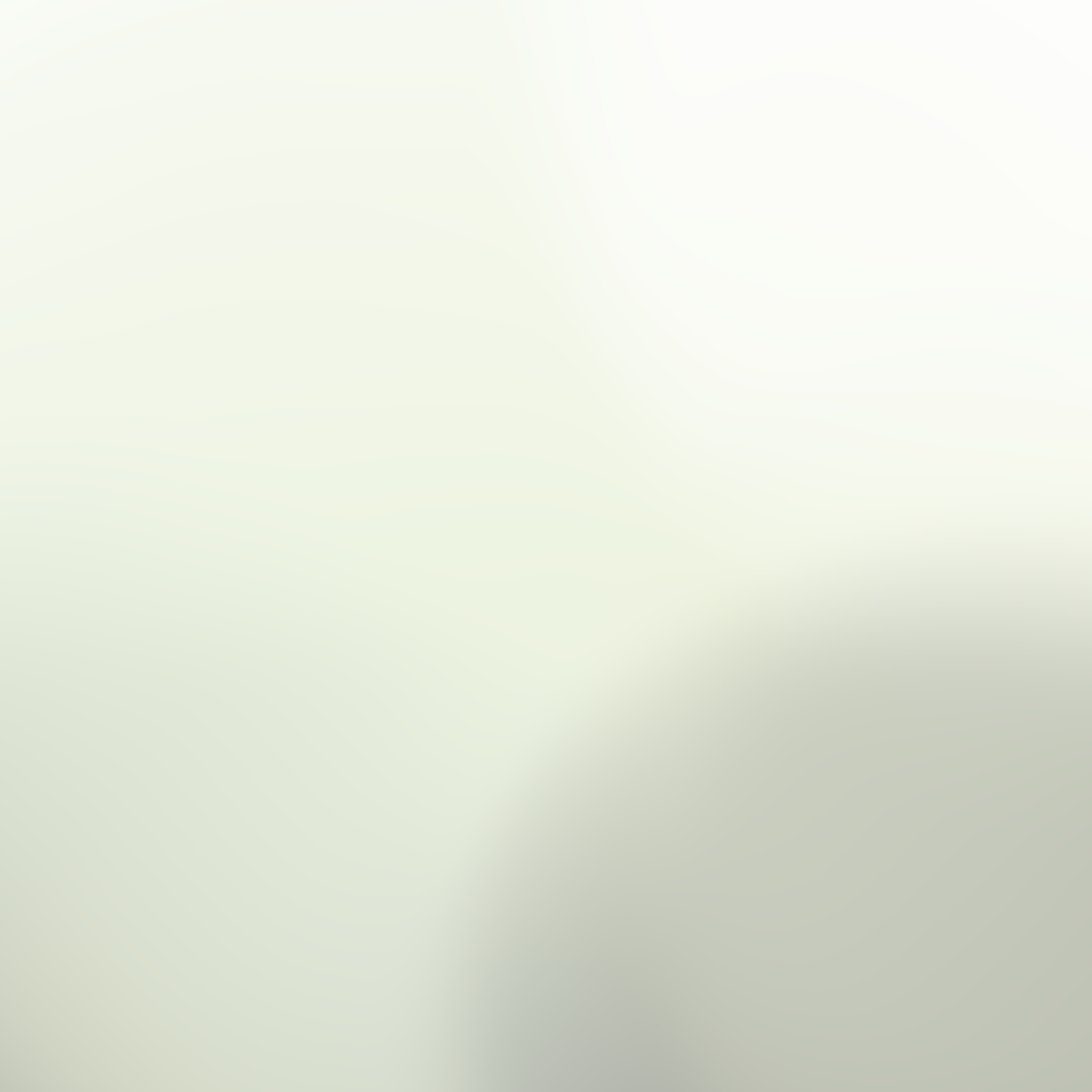 if(run_documentation()) {
#Change the bokeh shape and intensity
render_depth(focus=900, bokehshape = "circle",focallength=500,bokehintensity=30,
title_text = "Circular Bokeh", title_size = 30, title_color = "white",
title_bar_color = "black")
render_depth(focus=900, bokehshape = "hex",focallength=500,bokehintensity=30,
title_text = "Hexagonal Bokeh", title_size = 30, title_color = "white",
title_bar_color = "black")
}
if(run_documentation()) {
#Change the bokeh shape and intensity
render_depth(focus=900, bokehshape = "circle",focallength=500,bokehintensity=30,
title_text = "Circular Bokeh", title_size = 30, title_color = "white",
title_bar_color = "black")
render_depth(focus=900, bokehshape = "hex",focallength=500,bokehintensity=30,
title_text = "Hexagonal Bokeh", title_size = 30, title_color = "white",
title_bar_color = "black")
}
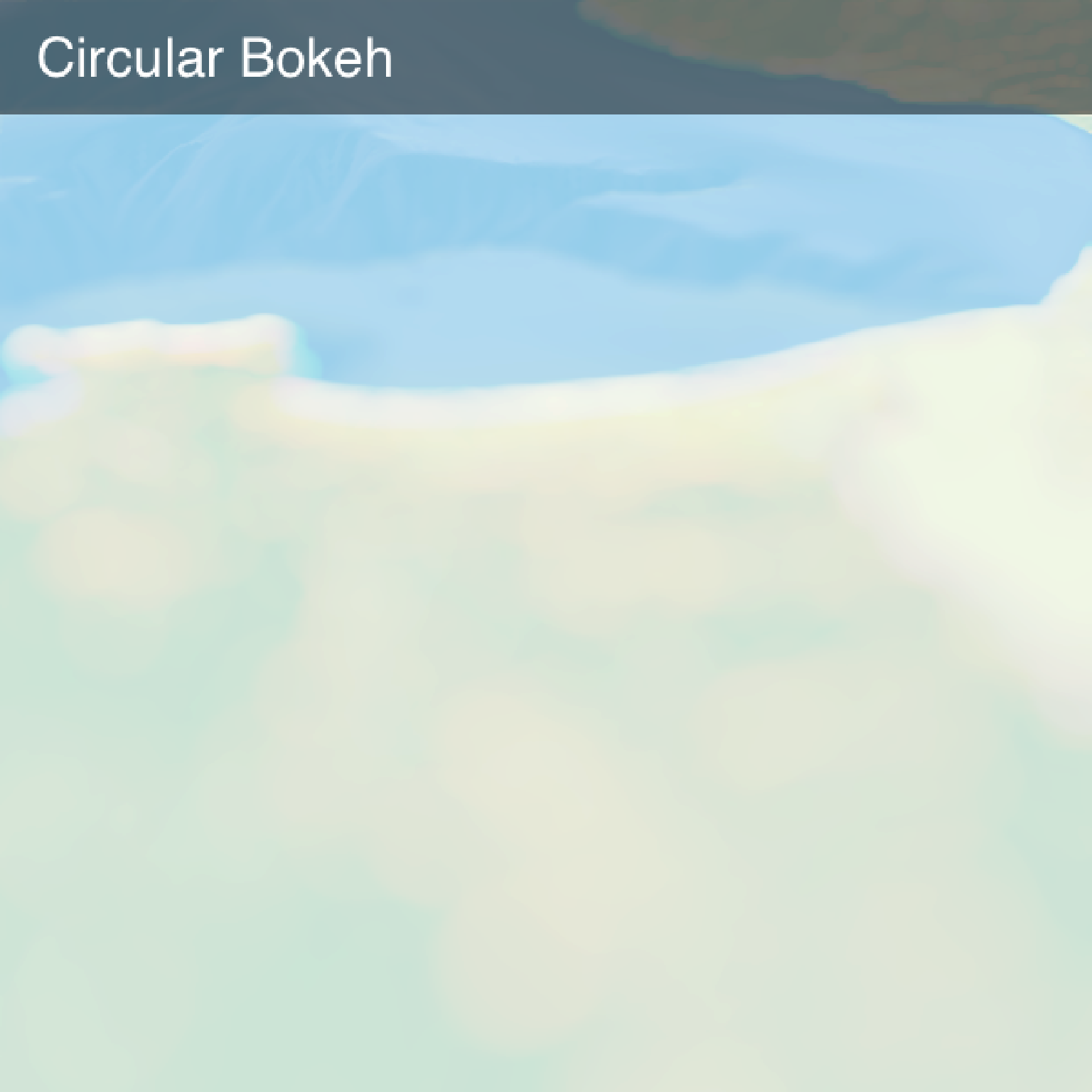
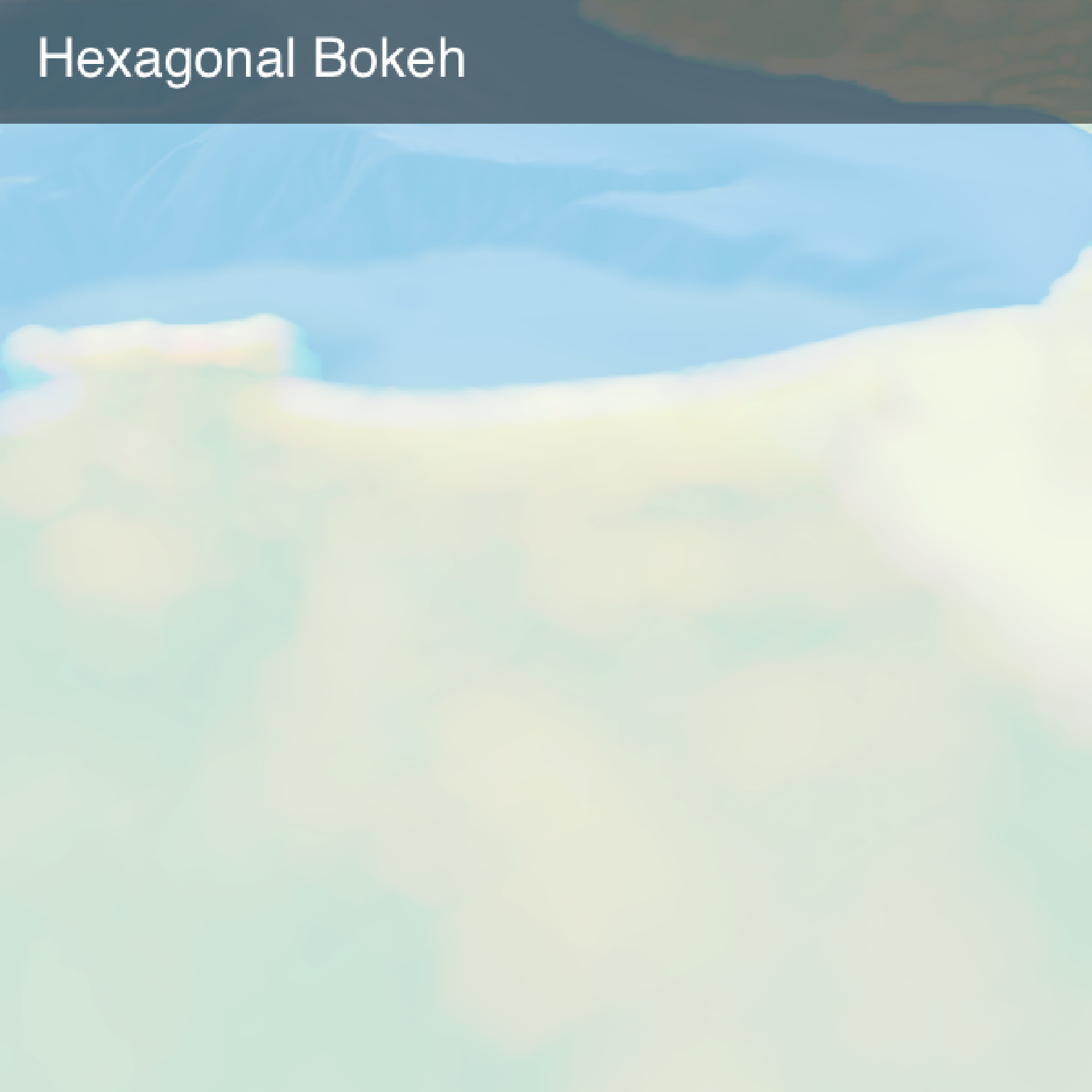 if(run_documentation()) {
#Add a title and vignette effect.
render_camera(theta=0,zoom=0.7,phi=30)
render_depth(focallength = 250, title_text = "Monterey Bay, CA",
title_size = 20, title_color = "white", title_bar_color = "black", vignette = TRUE)
}
#> Focus distance: 804.968
if(run_documentation()) {
#Add a title and vignette effect.
render_camera(theta=0,zoom=0.7,phi=30)
render_depth(focallength = 250, title_text = "Monterey Bay, CA",
title_size = 20, title_color = "white", title_bar_color = "black", vignette = TRUE)
}
#> Focus distance: 804.968
